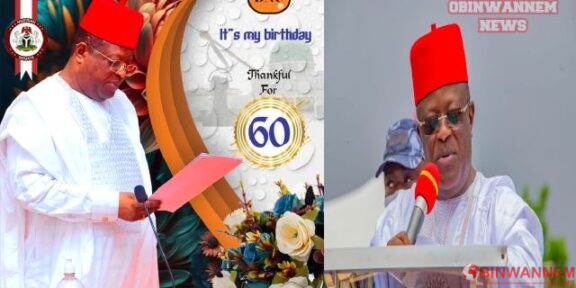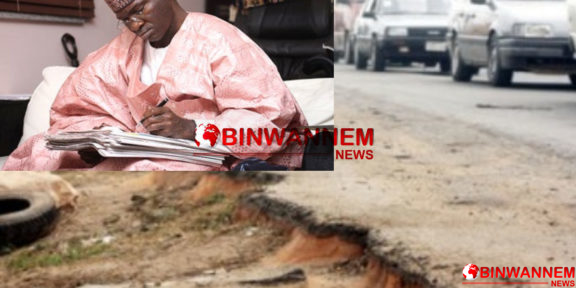In recent years, the South East region of Nigeria has faced growing challenges of insecurity, unemployment, and poverty. These issues have had a significant impact on the lives of the people living in the region, creating a pressing need for comprehensive solutions. During the South East Economic and Security Summit held in Owerri, Governor Peter Mbah of Enugu State highlighted the importance of addressing these problems through the development of Igbo land. In this article, we will explore the reasons why Igbos should come home and invest in the region to combat these pressing issues.
Infrastructure Development
One of the critical factors hindering economic growth and prosperity in the South East is the lack of adequate infrastructure, especially in the transportation sector. Governor Mbah emphasized the importance of building a robust road network that connects major cities within the South East. This interconnected road system would facilitate the movement of goods and services, stimulating economic activity and job creation. Additionally, investing in railways and other transportation infrastructure would further boost the region’s economic potential.
Economic Transformation
Economic transformation is essential for combating poverty and unemployment. The South East region possesses significant economic potential, including a skilled workforce and abundant natural resources. However, unlocking this potential requires substantial investment in various sectors, such as agriculture, manufacturing, and technology. By returning to Igbo land and investing their wealth, Igbos can contribute to the region’s economic transformation, creating opportunities for employment and income generation.
Wealth Mobilization
Governor Mbah’s call for “Aku Ruo Ulo,” which encourages Igbos to bring back their wealth to the South East, is a strategic approach to funding critical development projects. Many successful Igbos have accumulated wealth outside the region, and channeling a portion of these resources back into the South East can provide the necessary capital for infrastructure development, job creation, and poverty reduction.
Common Market and Regional Integration
Creating a common market within the South East through improved transportation infrastructure and economic development can have far-reaching benefits. It would encourage businesses to expand their operations within the region, leading to increased trade and investment. Regional integration fosters cooperation and solidarity, making it easier to address security challenges collectively.
Insecurity and Economic Development
Governor Mbah emphasized that addressing insecurity requires a multi-dimensional approach, including economic transformation and employment generation. High levels of unemployment and poverty can contribute to insecurity, as individuals facing economic hardship may resort to illegal activities. Therefore, by creating job opportunities and improving livelihoods, the region can make significant strides in reducing insecurity.
Governor Peter Mbah’s call for Igbos to come home and invest in the development of Igbo land is a visionary approach to addressing the pressing issues of insecurity, unemployment, and poverty in the South East region of Nigeria. By focusing on infrastructure development, economic transformation, wealth mobilization, and regional integration, the region can unlock its full potential and pave the way for a brighter and more prosperous future. It is a call for unity and collective action to ensure the full realization of these ideas and the sustainable growth of the South East.

















